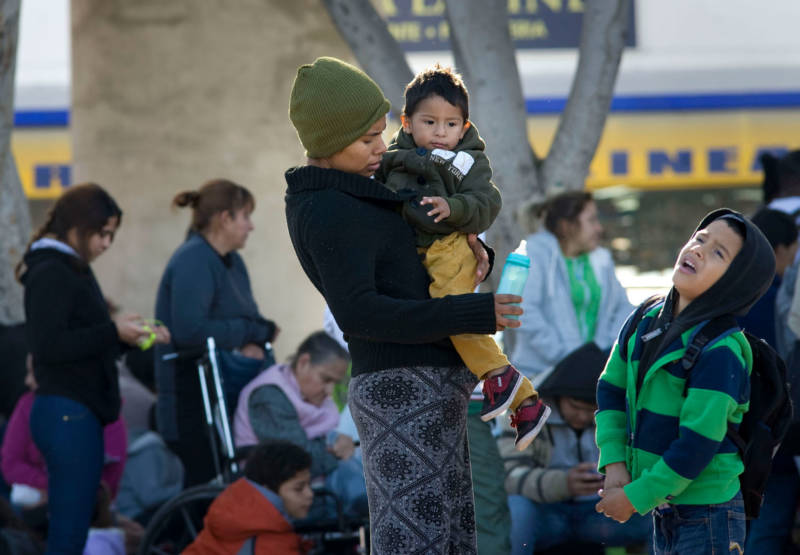Bay Area legal aid organizations and a group of asylum-seekers are suing the Trump administration to block a new policy that has forced dozens of Central American migrants to return to Mexico while their immigration cases snake through U.S. courts.
The legal challenge comes just weeks after the federal government began implementing the dramatic policy change, which the administration calls “Migrant Protection Protocols,” at the San Diego-Tijuana border crossing.
U.S. immigration authorities returned the 11 individual plaintiffs to Tijuana, where they fear for their lives, according to the complaint filed Thursday in federal court in San Francisco.
The organizations also suing the federal government claim the new policy, known informally as "Remain in Mexico," violates international law and thwarts their mission to provide legal services to asylum-seekers who are physically removed from the U.S.
“It severely limits who we are able to represent and how effectively we can prepare a case,” said Barbara Pinto, immigration policy director at Centro Legal de la Raza, one of the plaintiffs.
Legal representation is key to winning asylum. Without an attorney, only one out of every 10 asylum-seekers succeed in their claims, according to researchers at Syracuse University.
Pinto said her organization provides legal representation to about 2,000 people a year who are fighting deportation, including more than half who are also applying for asylum.
